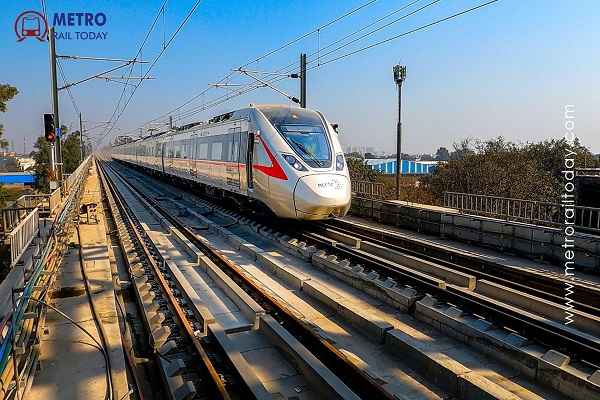 Mumbai needs RRTS beyond Metro Expansion to meet future Travel Demand: Ashwini Bhide
Mumbai needs RRTS beyond Metro Expansion to meet future Travel Demand: Ashwini Bhide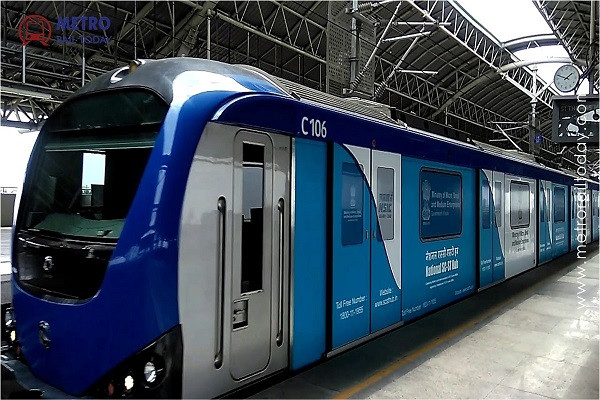 Jakson wins ₹163.7-crore E&M Works Contract for Corridor 4 of Chennai Metro Phase 2 Project
Jakson wins ₹163.7-crore E&M Works Contract for Corridor 4 of Chennai Metro Phase 2 Project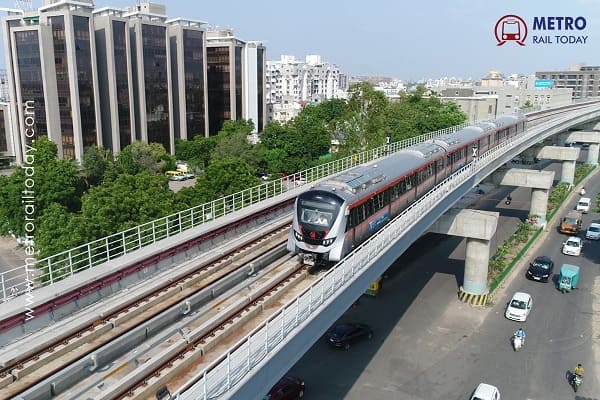 Titagarh Rail Systems roll out First ‘Made in India’ Driverless Train for Ahmedabad Metro Phase 2
Titagarh Rail Systems roll out First ‘Made in India’ Driverless Train for Ahmedabad Metro Phase 2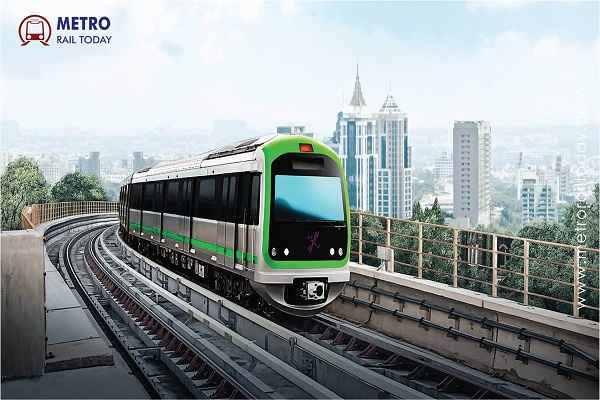 Aarvee Engineering bags DPR Consultancy Contract for 59.6-km Bengaluru–Tumakuru Metro Extension
Aarvee Engineering bags DPR Consultancy Contract for 59.6-km Bengaluru–Tumakuru Metro Extension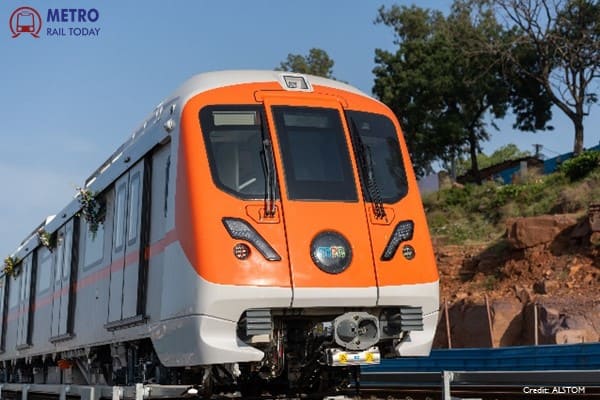 First priority corridor of Bhopal Metro inaugurated, India gets 20th city with modern MRTS network
First priority corridor of Bhopal Metro inaugurated, India gets 20th city with modern MRTS network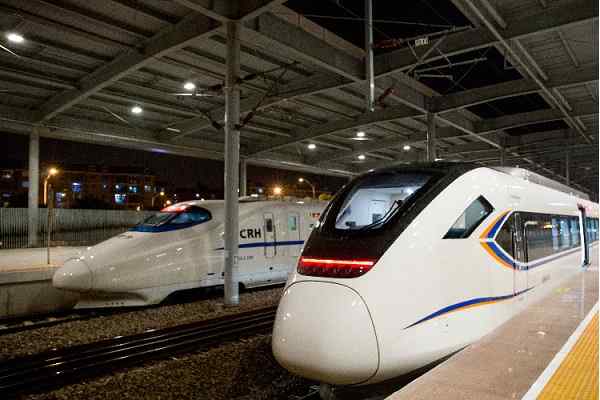 SCC–MIRAL JV bags ₹118.6 crore contract for Multimodal Integration at Bullet Train Stations
SCC–MIRAL JV bags ₹118.6 crore contract for Multimodal Integration at Bullet Train Stations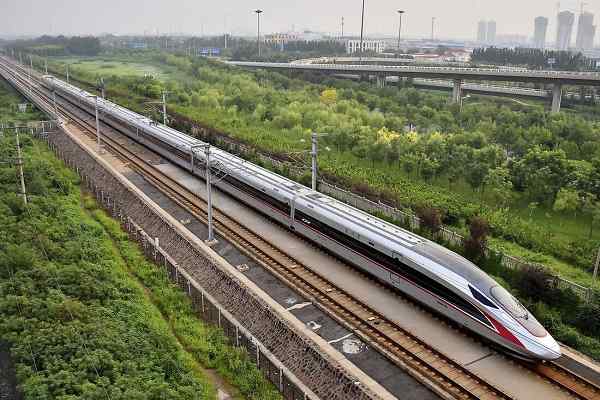 VinSpeed and Siemens Mobility join hands to develop Vietnam’s High-Speed Rail Network
VinSpeed and Siemens Mobility join hands to develop Vietnam’s High-Speed Rail Network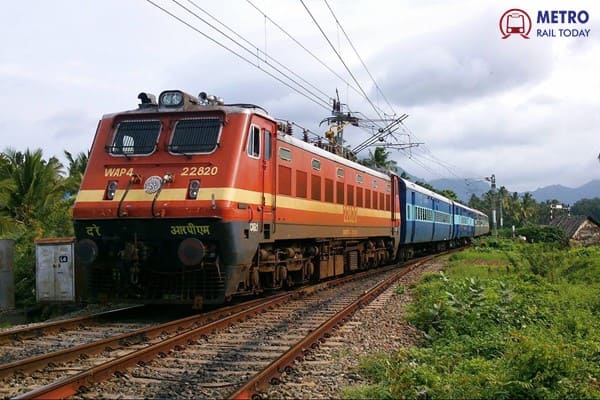 Titagarh Rail Systems Bags ₹273.24-Crore Rolling Stock Contract from Indian Railways
Titagarh Rail Systems Bags ₹273.24-Crore Rolling Stock Contract from Indian Railways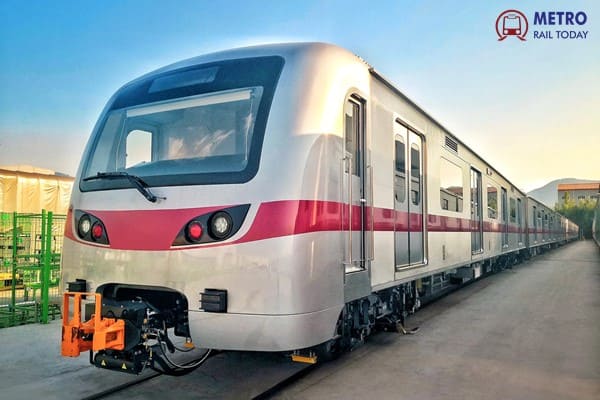 Metro Rail Transit Line (MRT-7): A New Way Forward for the North
Metro Rail Transit Line (MRT-7): A New Way Forward for the North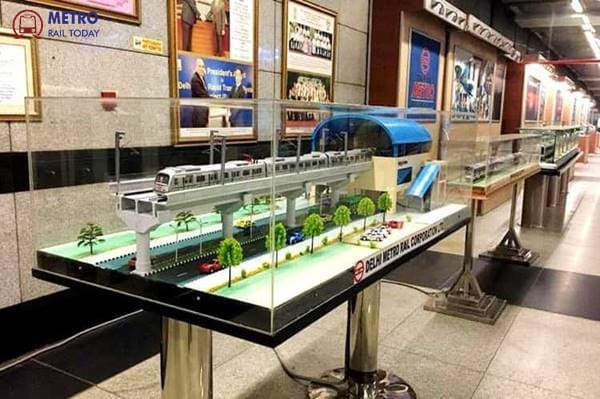 Delhi Metro inaugurates New State-of-the-Art Museum at Supreme Court Metro Station
Delhi Metro inaugurates New State-of-the-Art Museum at Supreme Court Metro Station
Patna Metro Inaugurated: First Phase of 3.6-km Stretch Open to Public from October 7
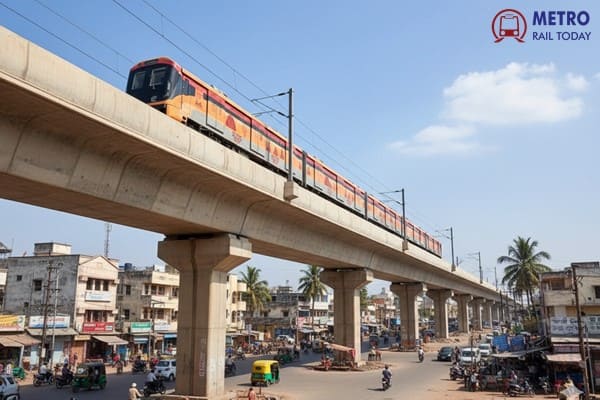
Patna, India (Metro Rail Today): In a historic milestone for Bihar’s capital city, Chief Minister Nitish Kumar inaugurated the first phase of the Patna Metro rail project on October 6, 2025, marking the beginning of a new era in urban mobility for Patna. The 3.6-km elevated stretch of the priority corridor will be open to the public starting October 7.
The inaugural section connects key points along the New ISBT–Bhootnath Road corridor, with stations at ISBT, Zero Mile, and Bhootnath Road. This initial launch is part of the broader Blue Line (North-South corridor), which will eventually cover 16.2 km and include five elevated and seven underground stations.
“This is a transformative step for Patna’s public transport system,” said Mrs. Mamta Shah, MD & CEO of Urban Infra Group. “The launch of Patna Metro reflects India’s commitment to modern, accessible, and culturally resonant mobility solutions in Tier-2 cities.”
Highlights of the First Phase
-
Corridor: New ISBT to Bhootnath Road
-
Length: 3.6 km (elevated stretch)
-
Operational From: October 7, 2025
-
Train Capacity: 3-coach trains accommodating 138 seated and 945 standing passengers
-
Train Frequency: Every 20 minutes
-
Operating Hours: 8:00 AM to 10:00 PM daily
-
Fare Structure: ₹15 to ₹30
-
₹15 from ISBT to Zero Mile
-
₹30 from New ISBT to Bhootnath
-
Each metro train features 12 reserved seats for women and differently-abled passengers, ensuring inclusivity in urban commuting.
Future Expansion: Blue Line Overview
Upon full completion, the Blue Line will connect:
-
Patna Junction
-
Akashvani
-
Gandhi Maidan
-
PMCH
-
Patna University
-
Moin-ul-Haq Stadium
-
Rajendra Nagar
-
Malahi Pakri
-
Khemmni Chak
-
Bhootnath Road
-
Zero Mile
-
New ISBT
The project also includes six underground stations and a 9.35-km tunnel, for which CM Nitish Kumar laid the foundation stone during the inauguration event.
Culturally Inspired Coaches and Modern Amenities
The Patna Metro has been designed not just for functionality but also to reflect Bihar’s rich cultural heritage. Coaches are adorned with Madhubani paintings and motifs of the Golghar, Mahavir Mandir, and Buddha, painted in vibrant saffron hues.
Train interiors and stations feature:
-
360-degree CCTV surveillance
-
Emergency buttons and microphones
-
Mobile and laptop charging points
-
Front emergency doors and bi-parting sliding doors
-
Escalators, lifts, stairways, and digital information displays
-
Ticket vending machines and platform screen doors
-
Food courts, retail shops, waiting lounges, and baggage screening zones
Security and Operations
Security for the Patna Metro will be handled by the Bihar Special Armed Police (BSAP), with personnel stationed across all metro facilities, from station entrances to platforms, ensuring a safe commuting experience.
A Long-Awaited Dream Comes True
Originally envisioned as a solution to Patna’s growing traffic congestion and limited mass transit options, the metro project has seen consistent public demand and government backing. With this launch, Patna joins the growing list of Indian cities with operational metro rail systems, setting the stage for further infrastructure upgrades and urban growth.
The inauguration of Patna Metro’s first phase is more than just a transport update—it’s a symbol of progress and pride for Bihar. With modern amenities, cultural design, and strong operational frameworks, the Patna Metro promises to reshape daily commuting while preserving the essence of the city’s heritage.




